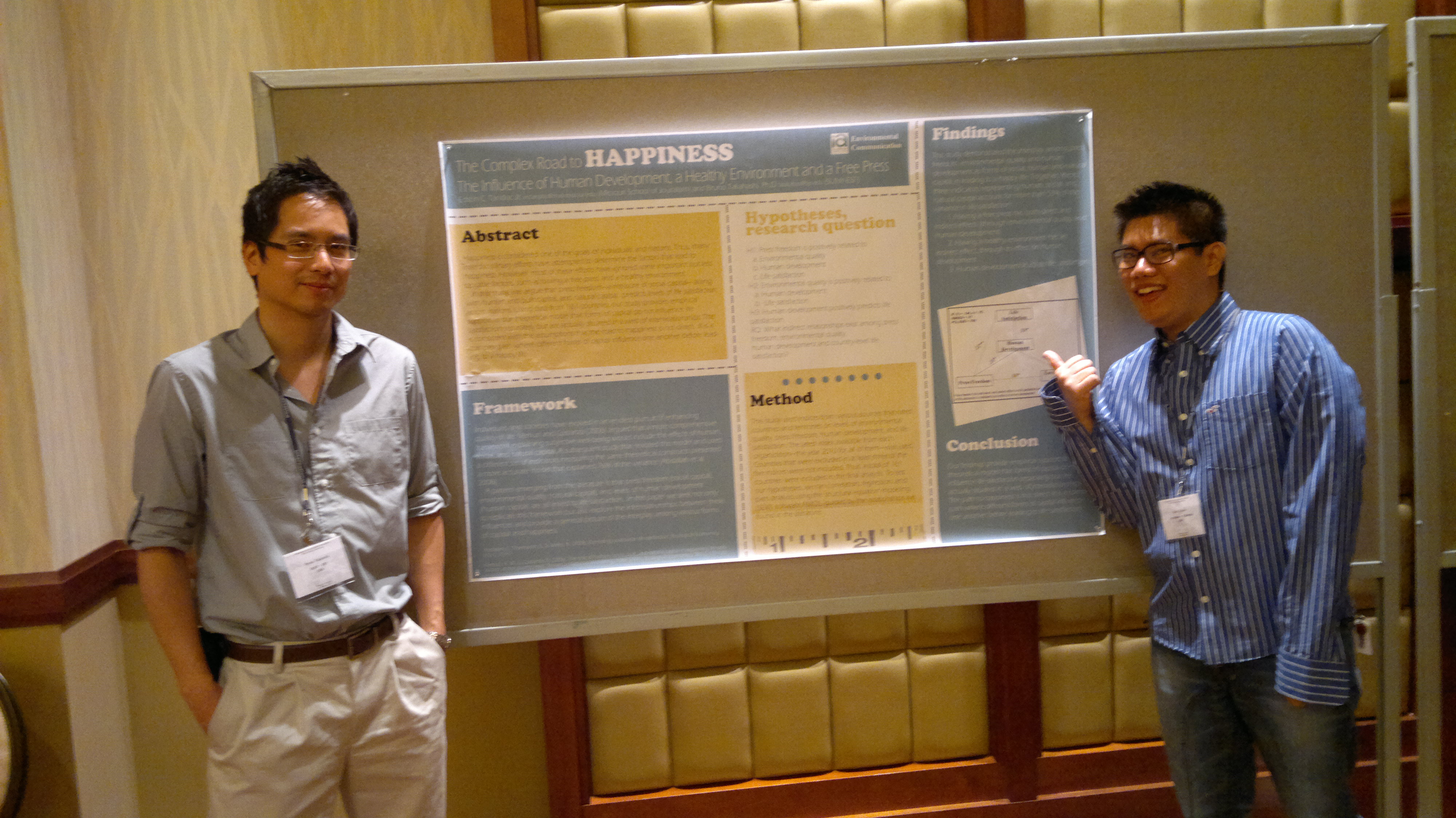The Philippines takes pride in having a free press, and yet the Freedom House Index (FHI), the most cited index of press freedom, rates the country as only “partly free.” Having a free press is important for democracy to flourish, and this is especially true for young democracies such as the Philippines.
In a study I co-authored with Dr. Bruno Takahashi of Michigan State University, published by the Social Indicators Research journal, we found that press freedom also contributes to increasing life satisfaction among citizens. Using a path analysis model involving data from 161 countries collected by different organizations, we found that countries with press freedom tend to report higher levels of life satisfaction among their citizens. Press freedom also contributes to having healthier environments and better standards of living, which then also contribute to happiness.
So where’s the link to having freedom of information (FOI), something the Philippines still does not have?
Having established that press freedom contributes to happiness, the next step is to understand what conditions are linked to it. Freedom House Index’s ratings look at three broad categories: the legal environment (e.g. laws and regulations that could influence media content), the political environment (e.g. pressure by the government, censorship, and violence against journalists), and the economic environment (e.g. structure of media ownership). FOI, I believe, is an important legal mechanism to ensure a free flow of information that guarantees press freedom.
With my happiness research as the springboard, I embarked on a new project, this time comparing press freedom, corruption ratings and freedom of information laws among 168 countries. In this still unpublished paper, I found that countries which have institutionalized FOI laws for a longer period of time tend to enjoy higher press freedom ratings.
Having an FOI law also leads to lower corruption levels and higher levels of human development. The global trend points to a positive effect of institutionalizing an FOI law on lowering corruption and improving human development.
This empirical evidence from the experiences of countries around the world shows how the Philippines, a country still wiggling out of economic inequality and corruption, can benefit from having its own FOI law.
Of course, enforcement is another matter, but let’s cross the bridge when we get there.
A story about these rants was published today on Inquirer’s frontpage. You will also find the article here: http://newsinfo.inquirer.net/253370/study-links-press-freedom-to-happiness
And here is what our school had posted on its website: http://journalism.missouri.edu/2012/08/press-freedom-leads-to-happiness-environmental-quality-study-finds/
